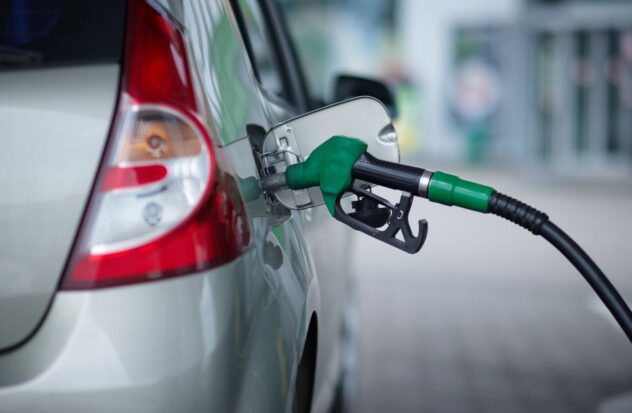QUITO.- He government of Ecuador is at the center of a national debate after announcing that it plans to soon increase the price of gasoline, as a result of the elimination of state subsidies. This decision, revealed by the Minister of Economy, Juan Carlos Vegagenerated a strong response from various sectors of society who have scheduled demonstrations to express their rejection.
Vega announced that the estimated increase would be approximately 0.25 cents per gallon of extra gasoline, which would raise its price from $2.46 to $2.71. Despite not specifying an exact date for this change, the minister assured that the elimination of the subsidy is imminent.
Faced with this situation, the government proposed specific compensation for transporters that depend on extra and ecopaís gasoline (85 octane), in order to mitigate the economic impact on this sector. However, these measures have not been enough to calm the population’s concerns.
Indigenous organizations and unions reacted strongly, holding protests in Quito to oppose the planned increases. Nelson Erazopresident of the Popular Front, declared that “when gasoline goes up, everything goes up,” emphasizing the widespread impact that this measure would have on the cost of living.
The current subsidy for extra gasoline and ecopaís represents an annual expense of approximately 644 million dollars for the State. According to Vega, some 85,000 taxis, trucks and tricycles will not be affected thanks to a compensation that will be implemented to avoid an increase in public transport rates.
This situation is not new for the country. In 2018, then-president Lenin Moreno liberalized the price of super gasoline (92 octane). His successor, Guillermo Lassoalso attempted to increase extra gasoline prices, provoking opposition from the Confederation of Indigenous Nationalities of Ecuador (CONAIE), which plays a crucial role in the country’s political history.
Some critics argue that the elimination of subsidies is a condition imposed by the International Monetary Fund (IMF), which recently approved a $4 billion loan for Ecuador. However, the government denied this claim, insisting that the decision responds to the need for internal economic adjustments.
Source: With information from AFP

